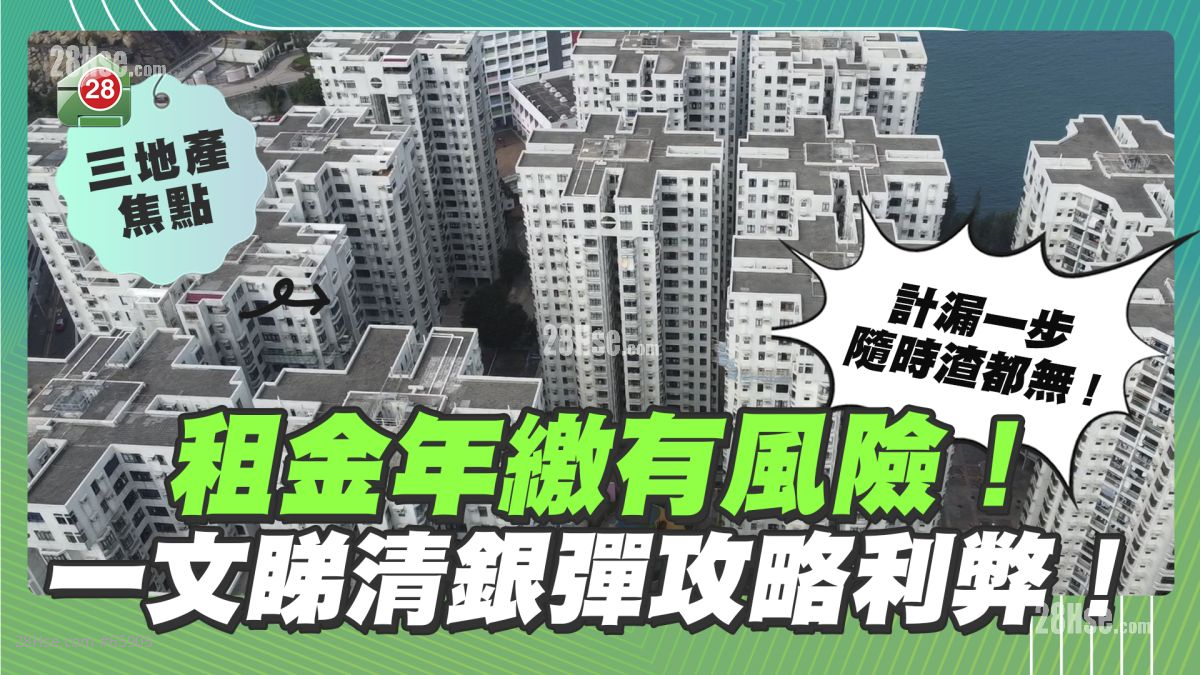The US Federal Reserve is expected to announce a rate cut on September 19, with a 0.25% reduction being the most likely. The market is also watching to see if Hong Kong banks will follow suit with interest rate adjustments.
Ahead of the rate decision, the second-hand property market has slowed significantly. However, the rental market remains strong, driven by an influx of mainland Chinese professionals, pushing rents higher.
Amid rising rents, how can renters negotiate better deals? Aside from providing income proof to landlords, another popular strategy is prepaying a year’s rent. But is this really a win-win situation?
Usually, when signing a lease, tenants are required to pay two months' rent as a deposit and one month’s rent upfront—known as the "2+1" arrangement. Afterward, rent is paid monthly.
For tenants, prepaying can offer significant benefits. Paying 14 months’ rent upfront can often secure a discount—typically 5% off for six months upfront, and up to 10% for a year, though the final discount depends on the landlord.
Prepaying also shows sincerity, which can be useful for students from mainland China or those without stable income, helping to convince landlords to rent to them without requiring income proof.
However, prepaying a large amount, like 14 months' rent, requires careful financial planning. Tenants should ensure they have enough left for furnishings and daily expenses after paying rent.
There’s also the risk that if the landlord defaults on their mortgage during the lease, the bank can repossess the property without tenant consent. In that case, the tenant would lose the prepaid rent and be forced to find new accommodation, leading to significant financial loss.
For landlords, the main benefit is peace of mind–no need to worry about chasing rent or dealing with delinquent tenants. Additionally, receiving a year’s rent upfront provides immediate cash flow, which can be invested in options like fixed deposits or stocks for potentially higher returns.
On the downside, prepayment means less frequent contact with the tenant. If there are issues with the property, landlords may not be aware, and when it’s time to renew the lease, they might struggle to reach the tenant, leading to delays in repossessing the unit.
Like

